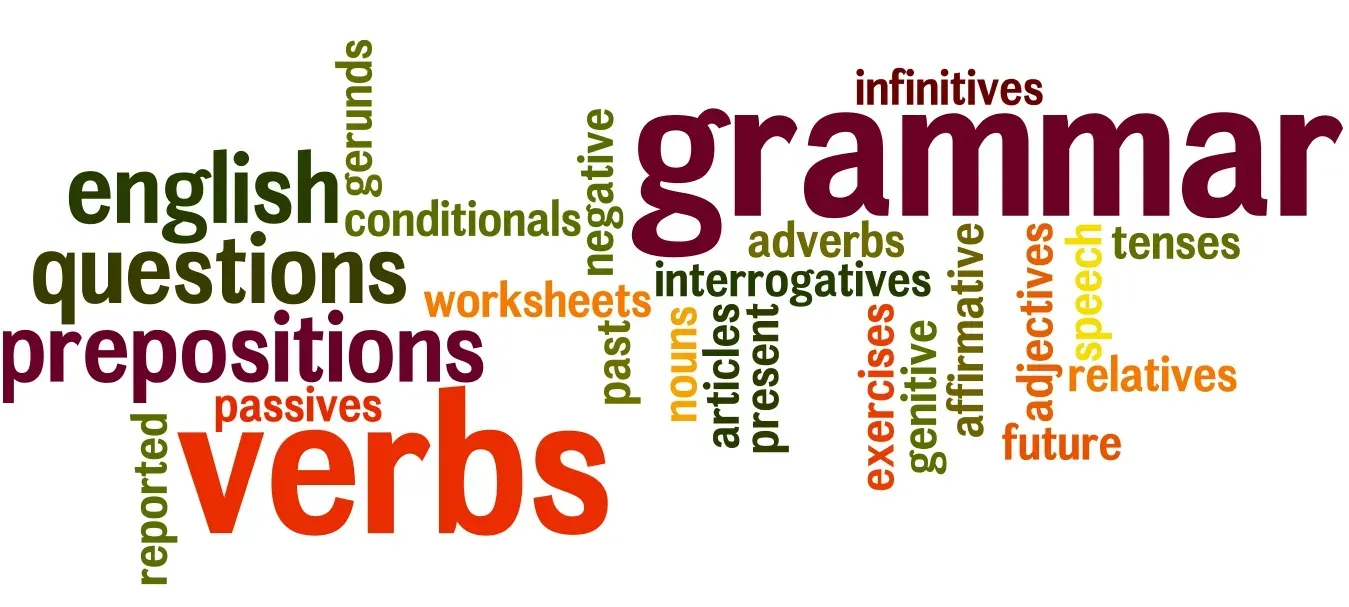Common Grammar Mistakes
We all make common grammar mistakes. That’s what first drafts are for (and the second…and third).
Being a self-published author, you might not have the desire or the resources to hire a professional editor or proofreader, so you’ll have to comb through the file yourself with an eye for grammar, spelling, and usage mistakes.
Believe me, you should NOT be the only one looking over the file for these kinds of things. But in the end, the responsibility to ensure your book looks clean and professional falls on you. While you can (and should) employ grammar-checking software like Grammarly, you still want to understand the reasons for grammar rules and be able to spot them yourself.
Common Grammar Mistakes
Here are a few common grammar mistakes that get made often, particularly in early drafts, and are important to keep an eye out for while reviewing your drafts:
1) Subject / Verb agreement
This one is usually pretty obvious, as the difference will stand out when you read the sentence. If the subject is singular, the verb must also be singular, and likewise, if the subject is plural, the verb must be plural.
Example:
Incorrect: Proofreading have been the most difficult part of editing.
Correct: Proofreading has been the most difficult part of editing.
2) Commas
We’ll cover two common problems that arise from comma use: the dreaded Oxford comma, and missing commas.
The Oxford is subject to much debate. It is the last comma found in lists, series, and compilations (see the comma after ‘series’ in this sentence? Oxford comma). In general, it is acceptable to use it or not use it as you see fit stylistically, with the exception being any instance when the meaning of the sentence is questionable without it.
Example:
With Oxford Comma: Our book is about music, dance, and culture in the 1980s.
Without Oxford Comma: Our book is about music, dance and culture in the 1980s
The Oxford comma is only critical in a sentence that needs it to make sense:
For breakfast I had eggs, toast, and orange juice – this sentence is a list of what I had for breakfast.
For breakfast I had eggs, toast and orange juice – the meaning may still be clear enough, but this is me telling toast and orange juice that I had eggs for breakfast.
Missing commas are much clearer, and are another little bit of formatting easy to miss in an early draft. Most often it is added after an introductory phrase, to break the rhythm of the sentence, and clue the reader into the meaning, so confusion is avoided.
Example:
Incorrect: In case you didn’t notice I covered that in chapter three.
Correct: In case you didn’t notice, I covered that in chapter three.
3) Pronoun Reference
A Pronoun is defined as: “a word that can function by itself as a noun phrase and that refers either to the participants in the discourse (e.g., I, you ) or to someone or something mentioned elsewhere in the discourse (e.g., she, it, this ).” Because of its use to replace a noun, the pronoun reference must be clear, lest the sentence cause confusion for the reader.
Example:
Incorrect: When Fred read Jim’s assessment of the draft, he didn’t like it.
Correct: Fred didn’t like Jim’s assessment of the draft.
4) Split Infinitives
Split Infinitives refers to any phrase or sentence with “to” and the associated verb separated by another word. This will usually be an adverb. In general, there is no rule against split infinitives, but it is smart to try rewriting the sentence without the extra word (or with the extra word relocated) to see which reads better. Oftentimes times a split infinitive can break a reader’s cadence or throw them off when reading.
Example:
Split Infinitive: I’ve got to quickly read this book.
Non-Split Infinitive: I’ve got to read this book quickly.
5) Correct Words/Forms
English is a tricky language sometimes. Numerous words sound the same but have different spellings and meanings. Be careful to look at these closely to be sure the correct word and form are used in all instances.
Example:
Incorrect: There taking they’re book over their!
Correct: They’re taking their book over there!
Don’t let these and other common grammar mistakes hurt your marketing plans! A clean, correct manuscript is critical to keep readers invested in your book. Readers will forgive a mistake or two, but if your book is riddled with problems that can be caught and corrected in the proofreading process, they may not be willing to buy another of your books.

Your Free Lulu Account
Create a Lulu Account today to print and publish your book for readers all around the world




